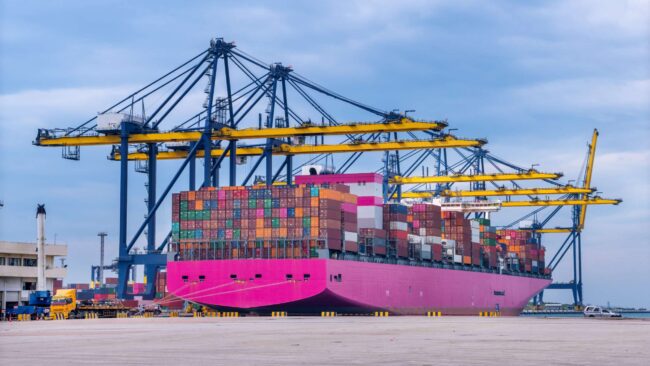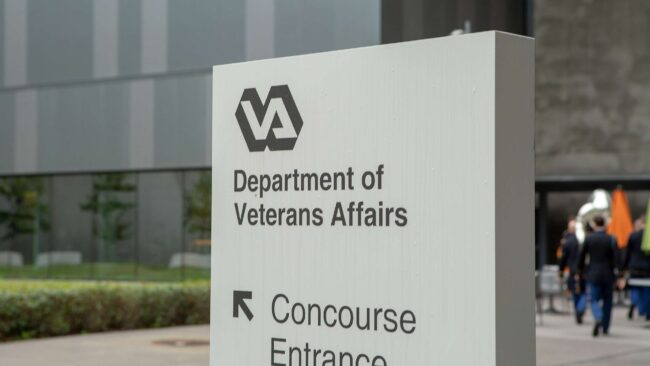As Food Imports Rise, FDA Drops Ball on Food Inspections Worldwide
Food imports into the U.S. are on the rise. The trend now is for agricultural commodity trade deficits, rather than surpluses, with key commodities like beef usually in a deficit. Despite the increase in food imports, the Food and Drug Administration conducted far fewer than the annual goal of 19,200 inspections, according to FDA data.












